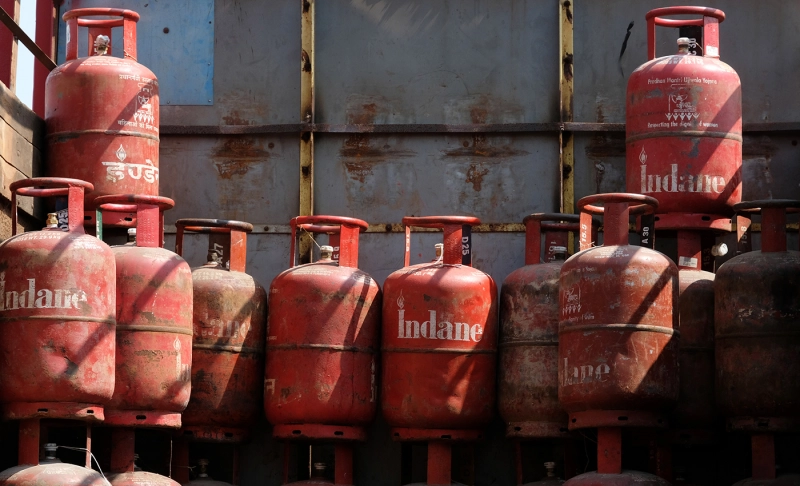By: Ankita Kulkarni
September 5 2022

Although U.K. households are facing a rise in energy bills, the change in percentage from 2021 has been exaggerated and misinterpreted.
Context
Domestic energy bills in the U.K. and Europe have sharply increased in recent months. Consumers are anxious about the rising costs, and in this context, several posts on social media are spreading misleading and false narratives. A Facebook post shared on August 31, 2022, claimed that "In 2021; Germany got 55% of its gas from Russia France got 17% of its gas from Russia UK got 4% of its gas from Russia. In 2022, Energy prices in Germany have risen by 23%, Energy prices in France have risen by 4% Energy prices in the UK have risen by 215%. Don't let them tell you this is caused by anything other than greed-driven profit making." The post has 5,800 shares. A similar post has been shared by news outlets, including Novara Media, and campaigning groups noting that households are facing an increase of 215 percent in energy bills. While there is no doubt that energy bills have increased, with millions of households expected to plunge into fuel poverty, the figures in these posts are not quite right.
In fact
Reuters reports that according to the U.K. energy regulator, bills will rise by 80 percent to an average of £3,549 a year from October 2022. The report quotes Office of Gas and Electricity Markets (Ofgem) CEO Jonathan Brearley, stating, "the rise would have a massive impact on households across Britain, and another increase was likely in January as Russia's move to throttle European supplies drives wholesale gas prices to record highs." CNBC news cites a study by Consultancy Cornwall Insight, which predicts that the cap could rise to £4,649.72 in the first quarter of 2023. It further adds that currently, prices are capped at an average of £1,971.
Although the energy prices are set to nearly double, claims that it has risen by 215 percent in the period 2021 - 2022 are exaggerated. The U.K. Department of Business, Energy, and Industrial Strategy's press release lists energy prices in Q4 from October to December 2021. The energy prices are based on a household's fixed consumption rate of electricity and gas, and the final average combined domestic energy bill for 2021 was £1,326.
Combined average energy bills in U.K. households have risen from £1,326 in Q4 2021 to £1,971 in August 2022. This accounts for a 48.64 percent increase in the total average energy bills. Even compared to the expected rise to £3,549 in October 2022, the total price rise would be 167 percent. There is no rise of 215 percent in the energy bills for U.K. households, at least not yet. However, the claims made in the post concerning Germany and France are valid. The comparison of prices from February 2021 to February 2022, published by the Federal Statistical Office of Germany (Destatis), notes, "consumers had to pay 22.5% more for household energy and motor fuels than in February 2021. A tweet from Parris Bureau Chief Sophie Pedder on August 11, 2022, stated that to ease the rising prices, the government has frozen the energy prices for all of 2022. And the "capped electricity price rises at 4% for 2022."
The spike in energy prices is down to a mixture of geopolitical choices and domestic issues. While Russia's invasion of Ukraine has led to issues in supply, leading to increased costs across the continent, other European countries have some degree of state ownership of energy companies, meaning their governments can put some regulations in place to avoid a surge in utility bill costs. We've explained this in more detail in a Logically article linked in this fact check.
The verdict
Energy bills are rising drastically in the U.K. and much more than in the rest of Europe. Prices are expected to rise further in 2022, but currently, rates are not 215 percent higher than in 2021, as the Facebook post claims. Therefore, we have marked this claim as just partly true.
Correction: Logically has changed the verdict of this fact check from "Misleading" to "Partly True". While the figure of 215 percent is inaccurate, there has been a sharp rise in energy prices, with the exact figure varying from consumer to consumer. We believe this judgment better reflects the claim.